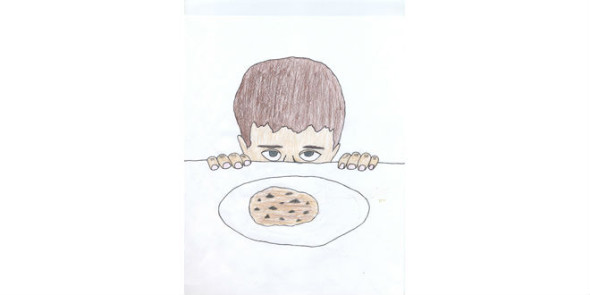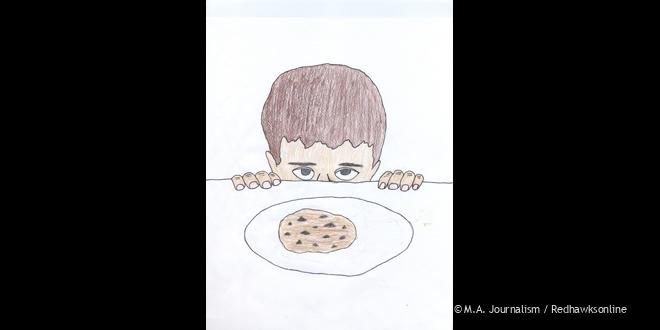
Controlling indulgence over small things can open the door to larger growth, freedom
This continues a seven-part reflection on the Virtues and Vices.
Temperance, or self-restraint, is the control that people have over themselves when they resist eating another cookie, watching just one more show on Netflix or quickly sending a text message to their friend while they’re supposed to be working on homework.
It is the small ways in which we restrain ourselves that represent temperance in our everyday lives. However, temperance can also apply to significant influences in our lives such as society’s consumerism, greed and indulgence.
Temperance is what regulates our lives, and without it we would struggle to maintain even our basic lifestyle without overindulgence and chaos.
Temperance takes root in the encouragement of chastity and sobriety.
However, according to priest and philosopher Thomas Aquinas, “Temperance is simply a disposition of the mind which binds the passion,” thus forming an essential part of our control and authority over our indulgences.
While temperance is most obvious in the actions of those who cope with addiction and alcoholism, it also plays a fundamental role in the lives of students while they write, work and study. Temperance can easily be ignored as small distractions that reside in everyday settings create whirlwinds of little indulgences for students to participate in instead of studying and concentrating.
Even though temperance can easily be achieved by practicing self-control and time management, if encouraged, temperance can also be blown away in the commotion of the many distractions that surround us.
Despite the difficulty some have in achieving temperance, it is one of the most important virtues because of the great impact that little acts of temperance can produce.
When compiled, hundreds of small actions such as not checking Instagram or Facebook can amount to hours of free time that would have been lost otherwise.
This is a result of the monumental impact of temperance and deliberate action. Despite the importance of temperance, the virtue can be difficult to recognize because it’s often overlooked.
Maintaining self-control and deliberately thinking about your actions isn’t easy. Often, it’s even hard to recognize when you are practicing temperance.
As a high school student, the choice between a phone or textbook might seem easy and inconsequential, but indulging yourself will only anchor you to those indulgences, whereas temperance can free you from distractions.
The easiest way to identify the temptations that tie you to your work is to be mindful of the distractions you face and attempt to isolate the project, studying or work that you need to do.
The deliberate action of temperance holds the reins of impulsiveness; many hasty and careless decisions can be controlled and mastered by temperance and deliberate thought.
Temperance can only take us so far, and we must strive to avoid and limit the distractions that require temperance to avoid. Temperance can easily be worn down over a long or tiresome day and becomes harder and harder to practice as tests or projects creep up on us and deadlines approach.
Thus, as we pass mid-terms and approach winter head on, don’t indulge in fleeting distractions, but strive to be deliberate and use temperance to face the many challenges that approach.
Finals may still be far off, but temperance should be practiced both in and out of school to overcome the many distractions that encompass us.

